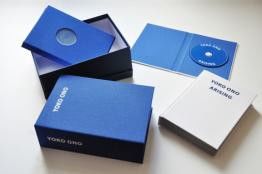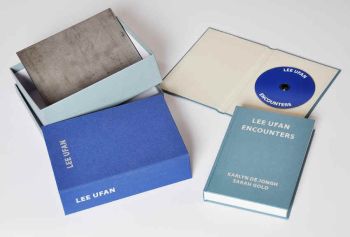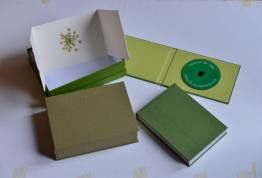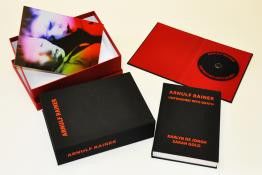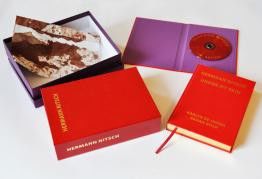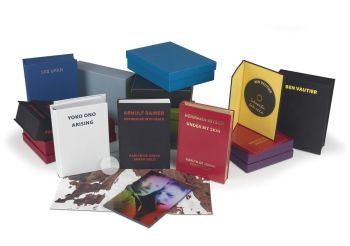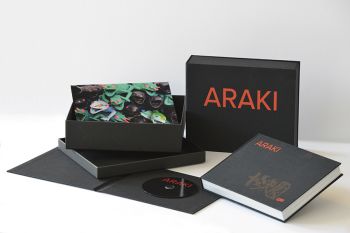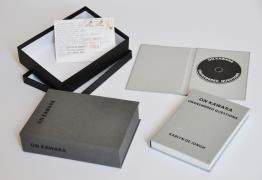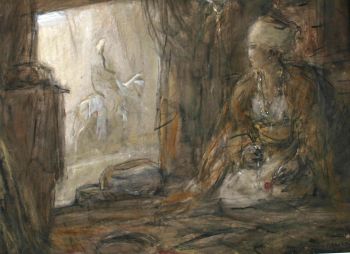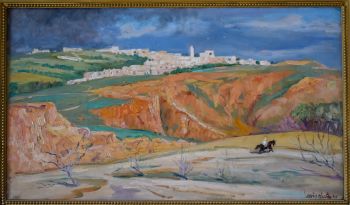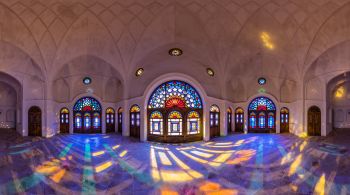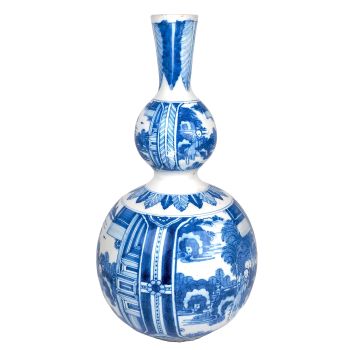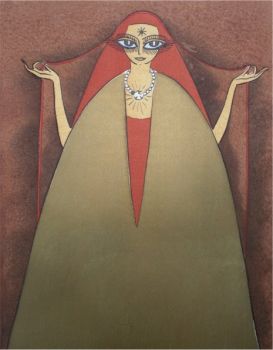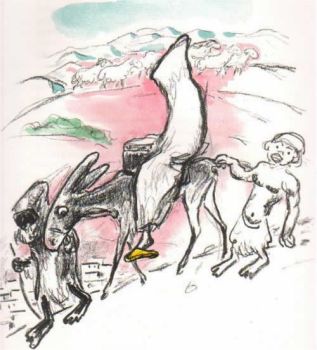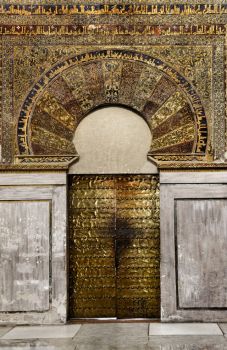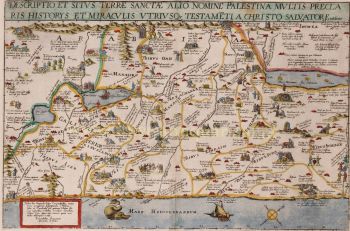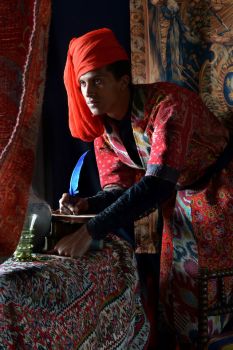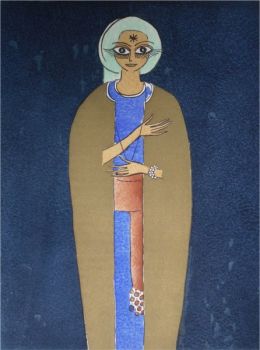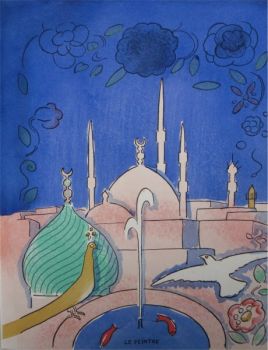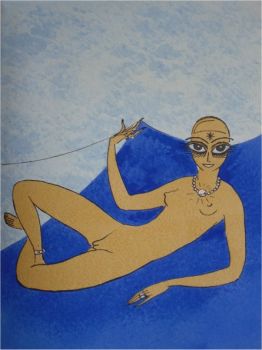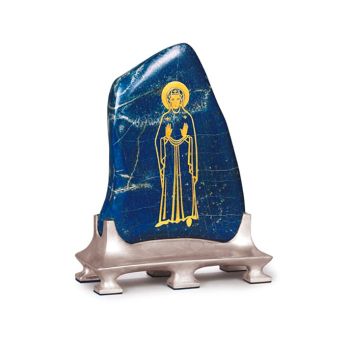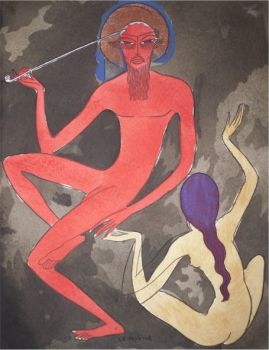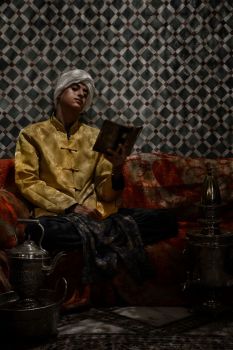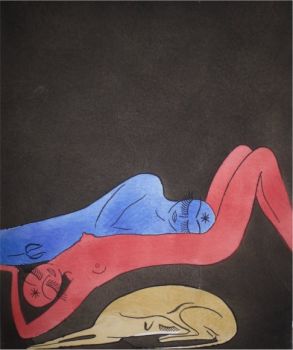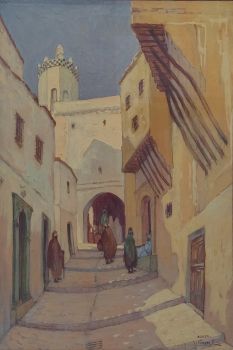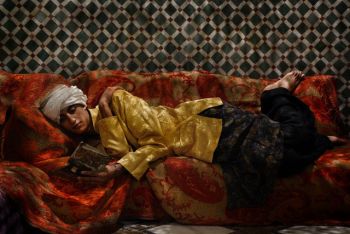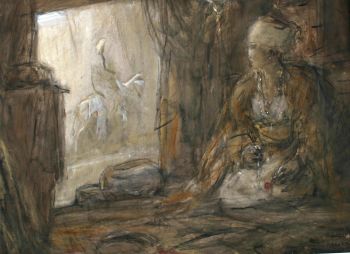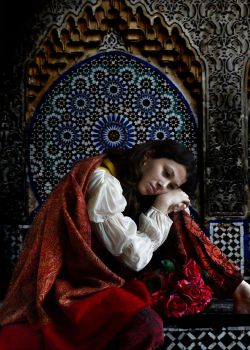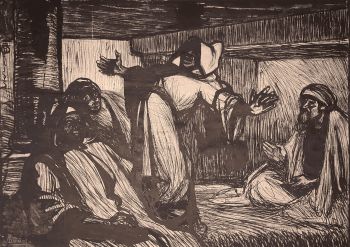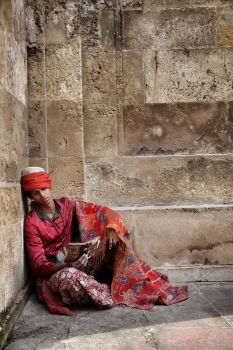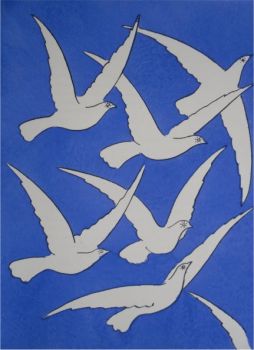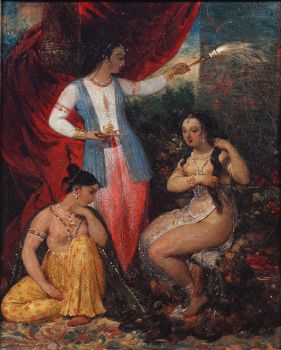Instructions for Carsten Niebuhr's expedition to Arabia 1774
Johann David Michaelis
Actualmente no disponible a través de Gallerease
- Sobre la obra de arteRecueil de questions, proposées à une société de savants, qui par ordre de Sa Majesté Danoise font le voyage de l'Arabie.
Amsterdam, S.J. Baalde; Utrecht, J. van Schoonhoven & comp., 1774. 4to. Set in roman type with incidental Greek, Hebrew, Arabic, Syriac and 1 word in Coptic. Near-contemporary tanned sheepskin, gold-tooled spine.
Hans Bernhard Merian's French translation of Michaelis's Fragen an eine Gesellschaft gelehrter Männer (1762), prepared during the early stages of Carsten Niebuhr's Danish expedition to the Middle East. It is the first edition in any language to be printed in the Netherlands. Johann David Michaelis, a famed German Orientalist and theologian, was one of the scholars who prompted the important Danish expedition to Egypt, Arabia and Syria (1761-1767), led by Carsten Niebuhr. Michaelis hoped to investigate the relationship of the southern Arabic dialects to Hebrew, and to verify obscure botanical and zoological information in the Bible. For this purpose he composed the present 100 "questions". It includes the instructions for the expedition by Frederick V of Denmark, a 35-page account of Yemen and an extract of Carsten Niebuhr's account of Arabia (not included in the first French edition of 1763).
Back of first free endleaf with traces of removed bookseller's(?) ticket. With an occasional small rust spot, but otherwise in very good condition and only slightly trimmed, leaving large margins. Binding with minor suface damage and wear at the hinges and extremities, but otherwise also very good. Important preparatory studies concerning Egypt, Arabia and Syria, written and first published during the early stages of a voyage.
Chadenat 1933; Gay, Bibl. de l'Afrique en de l'Arabie 3366; STCN (3 copies); Macro, Bibliography of the Arabian Peninsula 1593. - Sobre el artistaJohann David Michaelis fue un famoso teólogo y orientalista alemán, fue uno de los eruditos que impulsaron la importante expedición danesa a Egipto, Arabia y Siria (1761-1767), dirigida por Carsten Niebuhr. Michaelis esperaba investigar la relación de los dialectos árabes del sur con el hebreo y verificar información botánica y zoológica oscura en la Biblia. Michaelis nació en Halle an der Saale y se formó para la vida académica bajo la supervisión de su padre. En Halle fue influenciado, especialmente en filosofía, por Siegmund J. Baumgarten (1706-1757), el vínculo entre el antiguo pietismo y J. S. Semler, mientras cultivaba su fuerte gusto por la historia bajo el canciller Ludwig. En 1739-1740 obtuvo el título de profesor universitario. Una de sus disertaciones fue una defensa de la antigüedad y la autoridad divina de los puntos vocales en hebreo. Su erudición todavía se movía a lo largo de las viejas líneas tradicionales, y también estaba muy afectado por ciertos escrúpulos religiosos, y algunos vieron un conflicto entre su mente independiente y la de sumisión a la autoridad, alentada por el luteranismo en el que había sido educado, lo que afectó su razonamiento. Una visita a Inglaterra en 1741-1742 lo sacó del estrecho sendero de su educación anterior. De paso por los Países Bajos conoció a Albert Schultens, cuya influencia en sus opiniones filológicas se hizo omnipotente pocos años después. En Halle, Michaelis se sintió fuera de lugar y en 1745 aceptó con gusto una invitación a Gotinga como Privatdozent. En 1746 se convirtió en profesor extraordinarius, en 1750 ordinarius, y permaneció en Gotinga hasta su muerte en 1791.
Artwork details
Related artworks
Engelbert Kaempfer
LIBRO DE ENGELBERT KAEMPFER1651 - 1716
Precio a consultarZebregs & Röell - Fine Art - Antiques
Antonie Derkinderen
Memory book Exhibition of Dutch Painting1892
Precio a consultarKunsthandel Pygmalion
Tilmanus Nicolaus Maastricht
Missale Romanum con monturas de plata holandesas1788 - 1792
Precio a consultarJacob J. Roosjen SRI
Antonie Derkinderen
Memory book Exhibition of Dutch Painting1892
Precio a consultarKunsthandel Pygmalion
LAWRENCE WEINER
"SKIMMING THE WATER [MENAGE A QUATRE]" Signed book plus small artwork2010 - 2014
Precio a consultarGallerease Selected
Yoko Ono
YOKO ONO: "ARISING" SIGNED BOOK PLUS SMALL ARTWORK 2010 - 2014
Precio a consultarGallerease Selected
Engelbert Kaempfer
LIBRO DE ENGELBERT KAEMPFER1651 - 1716
Precio a consultarZebregs & Röell - Fine Art - Antiques
Hermann Nitsch
"UNDER MY SKIN" Signed book incl. small artwork and DVD in a matching box2010 - 2014
Precio a consultarGallerease Selected
Tilmanus Nicolaus Maastricht
Missale Romanum con monturas de plata holandesas1788 - 1792
Precio a consultarJacob J. Roosjen SRI
1 - 4 / 22Elisabeth Treskow
Lapislázuli afgano con incrustaciones de oro sobre un soporte de plata1950 - 1960
Precio a consultarJacob J. Roosjen SRI
1 - 4 / 24

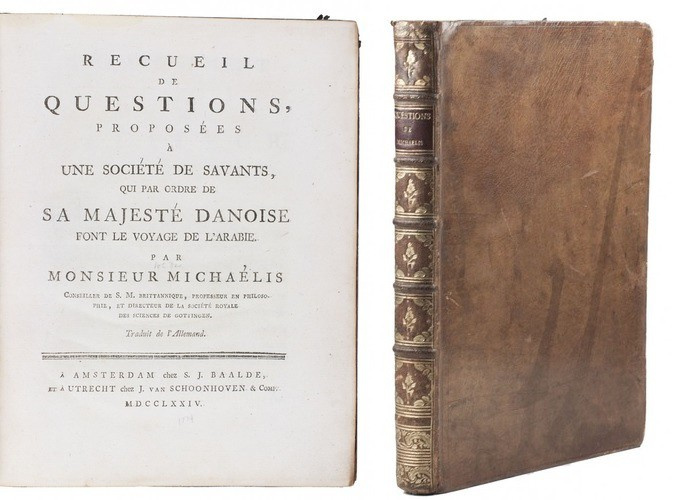



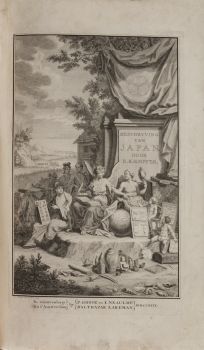
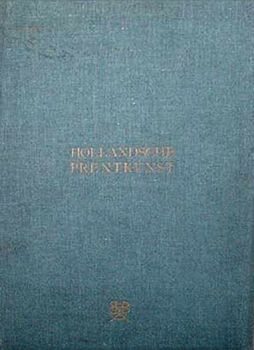
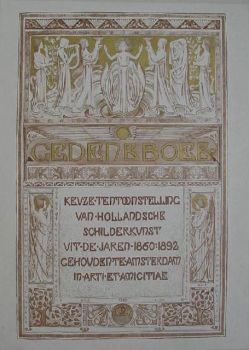
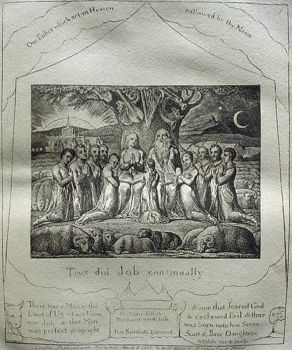
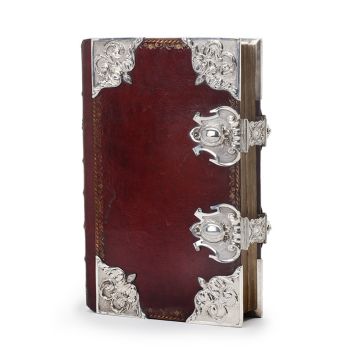
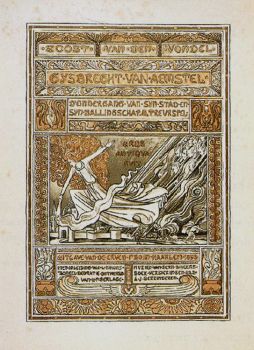
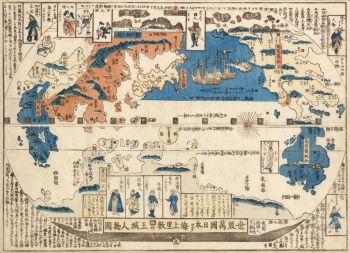
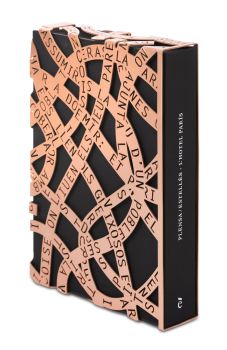
!["SKIMMING THE WATER [MENAGE A QUATRE]" Signed book plus small artwork by LAWRENCE WEINER](https://media-2.gallerease.com/images/442bfd5f-fc31-4e18-a2fa-ee0c08eade64/350x350/skimming-the-water-menage-a-quatre-signed-book-plus-small-artwork.jpg)

